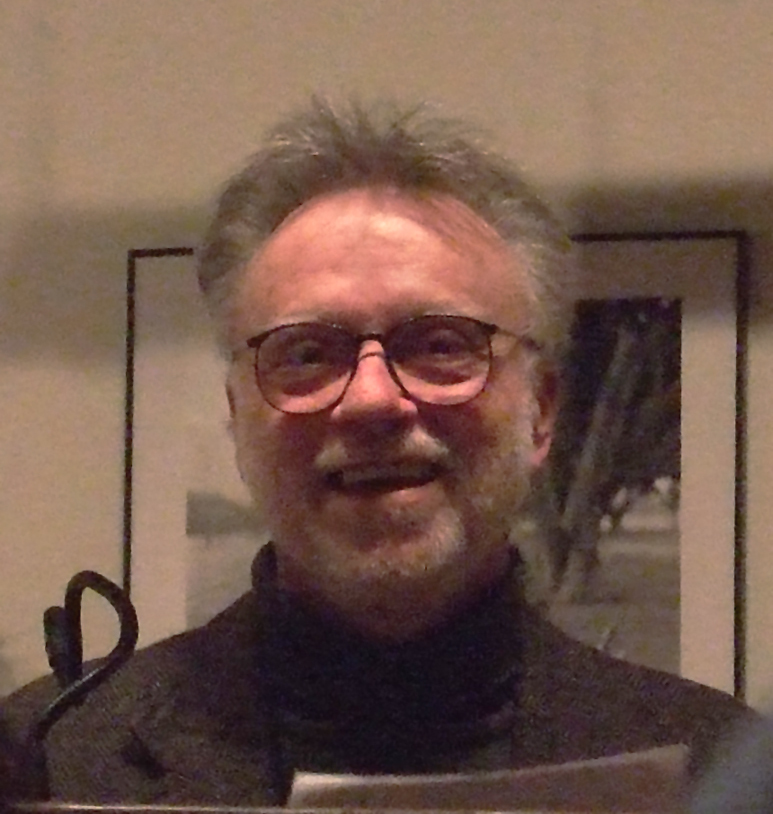 author
authorMarcel Schwob
Marcel Schwob (1867-1905) was one of the key symbolist writers, standing in French literature alongside such names as Stephane Mallarme, Octave Mirbeau, Andre Gide, Leon Bloy, Jules Renard, Remy de Gourmont, and Alfred Jarry. His best-known works are Double Heart (1891), The King In The Gold Mask (1892), and Imaginary Lives (1896).
He had a passion for French slang, and in particular for the language of the Coquillards used by Villon in his Ballads in Jargon. Unlike the widespread opinion at the time (developed by Victor Hugo in Les Misérables), Schwob considered that slang is not a language that is created spontaneously but that it is actually an artificial language in code.
For eight years he wrote short stories that were collected in six books: Cœur double ("Double Heart", 1891), Le roi au masque d'or ("The King in the Golden Mask", 1892), Mimes (1893), Le livre de Monelle ("The Book of Monelle", 1894), La croisade des enfants ("The Children's Crusade", 1896) and Vies imaginaires ("Imaginary Lives", 1896). His last short story, "L'étoile de Bois," is the longest one he wrote and was published in 1897. Two large reprint collections of his stories were published during his lifetime: La Porte des rêves (The Gate of Dreams, 1899), illustrated by Georges de Feure, and La Lampe de Psyché (Psyche's Lamp, 1903).
Along with Stuart Merrill, Adolphe Retté, and Pierre Louÿs, Marcel Schwob worked on Oscar Wilde's play Salome, which was written in French to avoid a British law forbidding the depiction of Bible characters on stage. Wilde struggled with his French, and the play was proofread and corrected by Marcel Schwob for its first performance in Paris in 1896.
Best author’s book



Written books
1



















